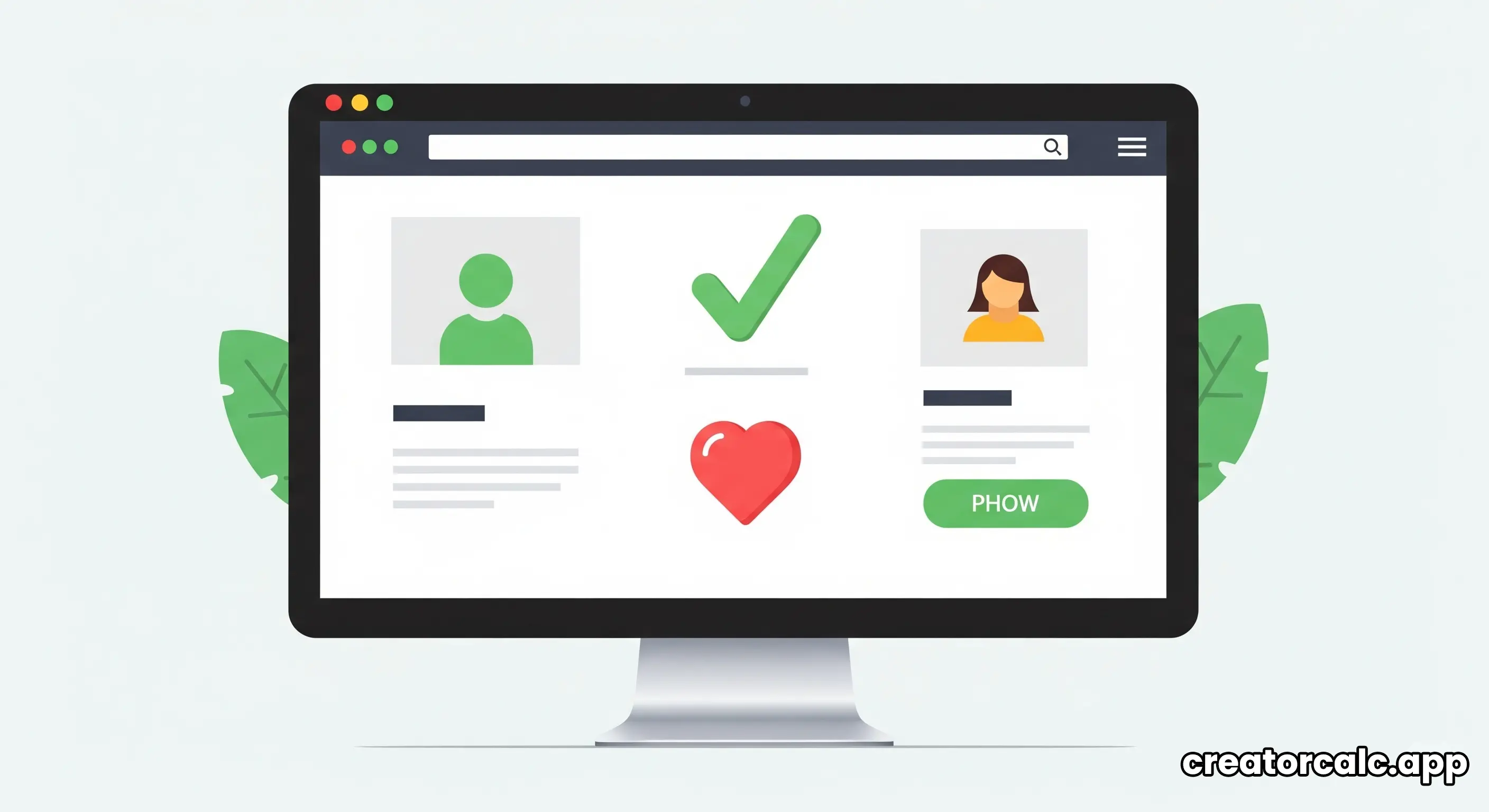When you're building a new website or blog, it's easy to focus on the fun parts: design, content, and tools. Legal pages like the Privacy Policy can seem boring and unimportant. Many new creators ignore it. This is a big mistake. A **Privacy Policy is not optional**; it's a legal requirement and a key to building trust with your audience.
More importantly for many creators, it's a non-negotiable requirement for monetization platforms like Google AdSense. In this guide, we'll explain in simple terms why your website needs a Privacy Policy and what it should include. We'll also show you how our free tool can help you get started.

What Is a Privacy Policy?
A Privacy Policy is a legal document that explains how a website or organization collects, uses, manages, and discloses visitor data. Essentially, it tells your visitors what information you are collecting from them (even if it's just anonymous data) and what you are doing with it.
Reason 1: It's Required by Law
Many countries and regions have laws that require websites to have a Privacy Policy if they collect any personal data from their citizens. Major privacy laws include:
- GDPR (General Data Protection Regulation): Protects residents of the European Union.
- CCPA (California Consumer Privacy Act): Protects residents of California, USA.
Even if you don't live in these areas, your visitors might. If your website is accessible worldwide, you need to comply with these laws. Collecting data as simple as an IP address through analytics or an email address through a contact form falls under these regulations.
Advertisement
Reason 2: It's Mandatory for Google AdSense
This is a critical point for any creator looking to monetize with ads. The **Google AdSense Program Policies** explicitly state that you must have and link to a privacy policy on your site. This policy must disclose that third parties (like Google) may be placing and reading cookies on your users' browsers to serve ads.
If you apply for Google AdSense without a clear and accessible Privacy Policy page, your application will almost certainly be rejected. Google needs to ensure that the sites they partner with are transparent with users about data collection.
Reason 3: It Builds Trust with Your Audience
In today's digital world, people are more aware of their online privacy than ever before. A clear Privacy Policy shows your visitors that you are a professional and trustworthy business owner. It tells them that you care about their data and are transparent about your practices. This trust is essential for building a loyal community and a long-term brand.

What Should Your Privacy Policy Include?
A basic privacy policy should cover a few key areas:
- What information you collect: Be specific. Do you collect names, emails (via contact form), or anonymous usage data (via analytics)?
- How you collect it: Explain the methods (e.g., cookies, forms).
- Why you collect it: Explain the purpose (e.g., to improve the site, to respond to inquiries, to show ads).
- Third-party services: Disclose which third-party services you use that might collect data, like Google AdSense and Google Analytics.
- User rights: Inform users of their rights, such as opting out of cookies.
- Contact information: Provide an email address where users can contact you with privacy concerns.
Creating a legal document from scratch can be difficult. To help you get started, we have built a Simple Privacy Policy Generator that covers these essential points.
Frequently Asked Questions (FAQs)
1. Do I need a Privacy Policy if my site is just a personal blog?
Yes. If you use any form of analytics (like Google Analytics) or plan to show ads (like AdSense), you are collecting or processing user data. Therefore, you need a Privacy Policy.
2. Where should I put the Privacy Policy on my website?
It should be easily accessible. The most common and best practice is to place a link to your Privacy Policy page in the footer of your website, so it's visible on every page.
3. Can I just copy someone else's Privacy Policy?
No. You should never copy another website's legal documents. Every site is different, and copying can lead to legal issues. It's much better to use a generator or consult a professional to create a policy specific to your site.